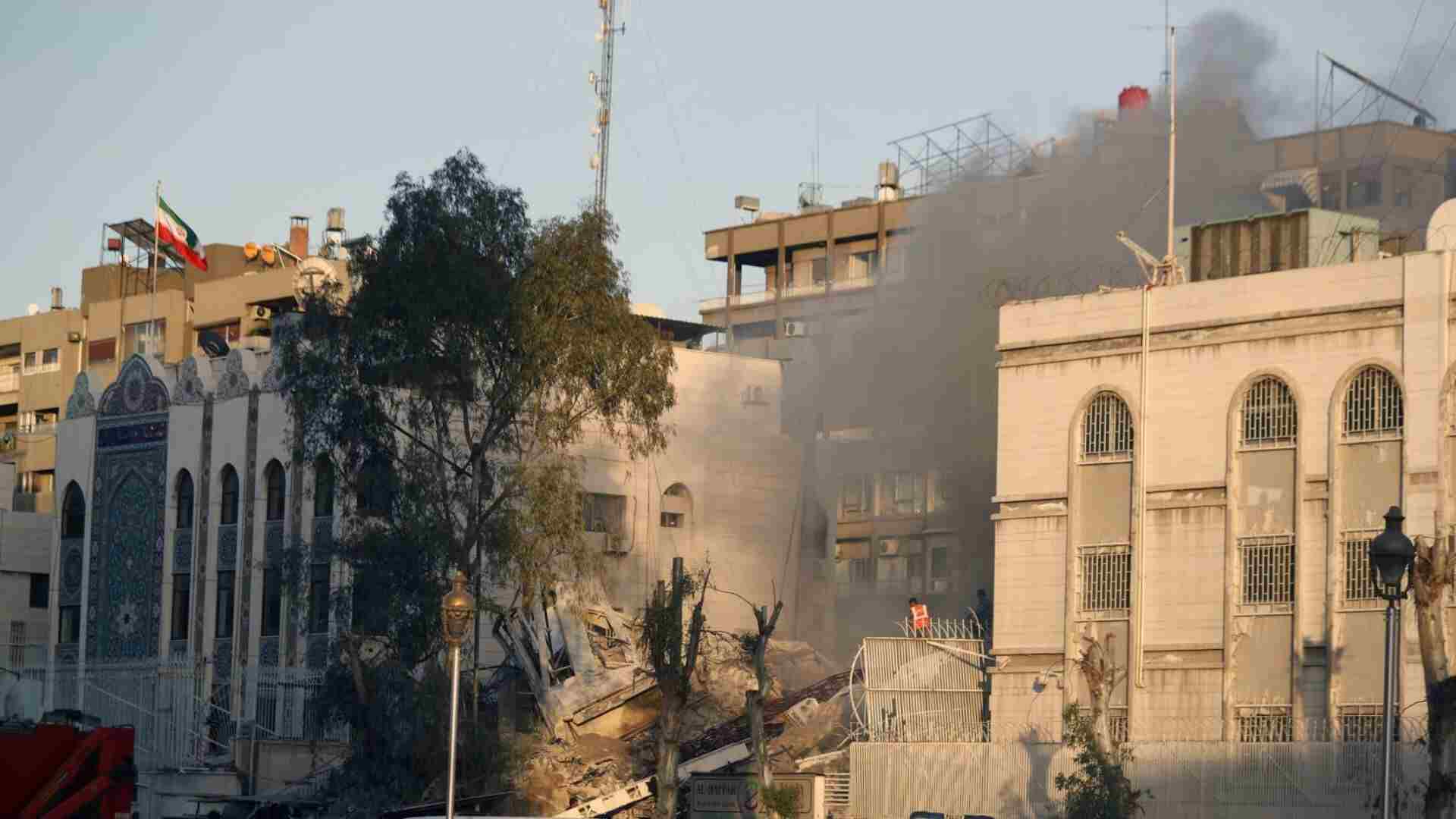Tensions in the Middle East are high after a series of violent events, including airstrikes and assassinations, have raised fears of a broader conflict. Three US and Israeli officials told Axios that Iran might attack Israel as early as Monday.
US Central Command’s General Michael Kurilla arrived in the Middle East on Saturday. His visit, planned before the recent spike in tensions, is aimed at gathering international and regional support similar to the coalition that supported Israel in April.
Iran’s Revolutionary Guard has accused Israel and the US of orchestrating the assassination of Hamas chief Ismail Haniyeh in Tehran. They claim that the killing, done by a short-range projectile, was a deliberate act by Israel and its allies. Iran has vowed to retaliate and warned that Israel will face severe consequences.
In response to the threat, the US has increased its military presence in the region. The Pentagon has deployed a fighter jet squadron and is keeping an aircraft carrier in the Middle East. Both the US and British governments have advised their citizens to leave Lebanon due to the potential for escalation.
An Israeli delegation, led by Mossad Chief David Barnea, visited Cairo for talks with Egyptian intelligence officials. US President Joe Biden has urged Israeli Prime Minister Benjamin Netanyahu to consider a cease-fire despite the complexities added by the assassination.
Meanwhile, Israeli airstrikes in the West Bank killed nine Palestinian militants on Saturday. The Israeli army targeted a vehicle outside Tulkarem, killing five Hamas militants. Later, four more militants were killed after allegedly attacking Israeli troops. Over 590 Palestinians have died from Israeli fire in the West Bank since the recent escalation in Gaza.







